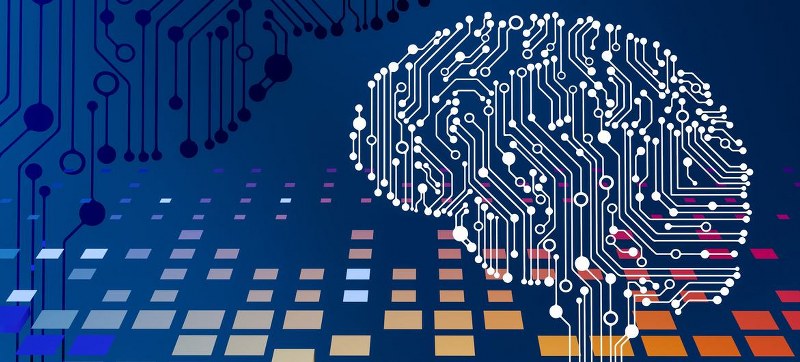 ChatGPT
ChatGPT
AI tools like ChatGPT likely to complement jobs, not destroy them: ILO
ChatGPT is not coming for your job and might even enhance it, experts from the International Labour Organization (ILO) said in a new report published this week.
The study provides a global analysis of the potential exposure of occupations and tasks to generative artificial intelligence (AI) and the possible implications for job quantity and quality.
It was written by three social scientists at the UN agency who predict the new technology will likely complement and not destroy jobs by automating some tasks rather than taking over a role entirely.
Tech on the rise
Chat Generative Pre-trained Transformer, or ChatGTP, has been stoking worldwide discussion around the benefits and drawbacks of AI since its launch last November.
The chatbot responds to prompts and generates text. Companies and the general public are using it in many ways, including to manage workflows, quickly respond to queries, write code, compose essays, plan vacations and create personalized content for social media.
The ILO report found that clerical work was the job category with the highest exposure to the technology. In other occupational groups – managers, professionals and technicians, for example – only a small share of tasks was found to be at risk of redundancy.
“As a result, the most important impact of the technology is likely to be of augmenting work – automating some tasks within an occupation while leaving time for other duties – as opposed to fully automating occupations,” the authors said.
Assessing exposure
The study documents notable differences in the effects on countries at different levels of development, linked to current economic structures and existing technological gaps.
In richer countries, 5.5 per cent of total employment is potentially exposed to the automating effects of Generative AI, whereas the risk is only around 0.4 per cent in low-income countries.
The authors said the potential for augmentation is nearly equal across countries, suggesting that with the right policies, Generative AI could offer important benefits for developing nations.
Gender aspect and impact
However, its potential effects are likely to differ significantly for men and women, as more than twice the share of female employment is potentially affected by automation. This is due to women’s over-representation in clerical work, especially in high and middle-income countries.
Additionally, since clerical jobs have traditionally been an important source of women’s employment as economies develop, wider use of Generative AI could mean that certain clerical jobs may never emerge in lower-income countries.
Humans still matter
In conclusion, the report noted that the socioeconomic impacts of Generative AI will largely depend on how it is adopted and rolled out.
“The main value of studies such as this one is not in the precise estimates, but rather in understanding the possible direction of change,” the authors said.
“Such insights are necessary for proactively designing policies that can support orderly, fair, and consultative transitions, rather than dealing with change in a reactive manner.”
They highlighted the need to design policies that support an orderly, fair and consultative transition, stressing that workers’ opinions, skills training and adequate social protection will be key.
“While the analysis outlines potential implications for different occupational categories, the outcomes of the technological transition are not pre-determined,” they said. “It is humans that are behind the decision to incorporate such technologies and it is humans that need to guide the transition process.”
Support Our Journalism
We cannot do without you.. your contribution supports unbiased journalism
IBNS is not driven by any ism- not wokeism, not racism, not skewed secularism, not hyper right-wing or left liberal ideals, nor by any hardline religious beliefs or hyper nationalism. We want to serve you good old objective news, as they are. We do not judge or preach. We let people decide for themselves. We only try to present factual and well-sourced news.







